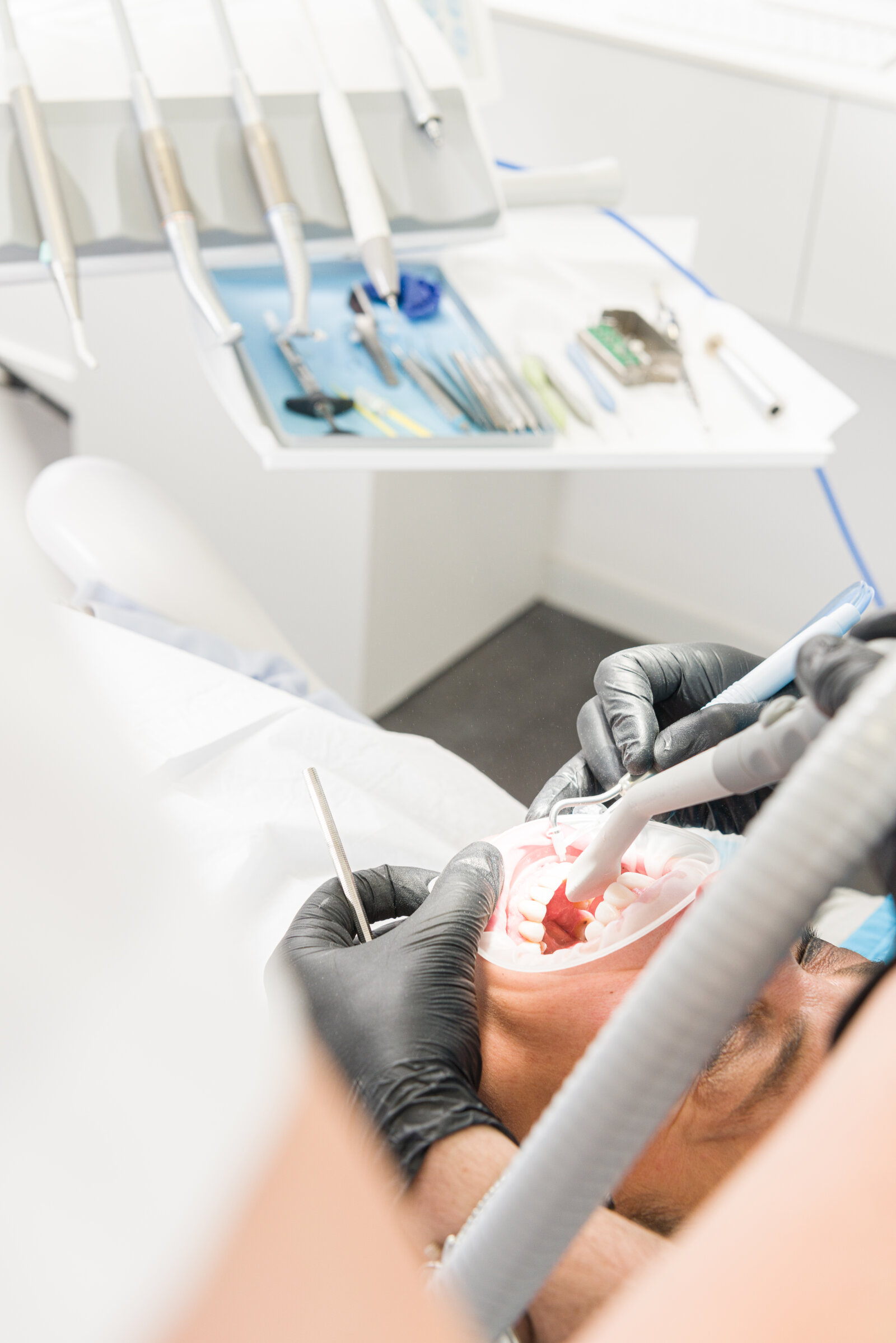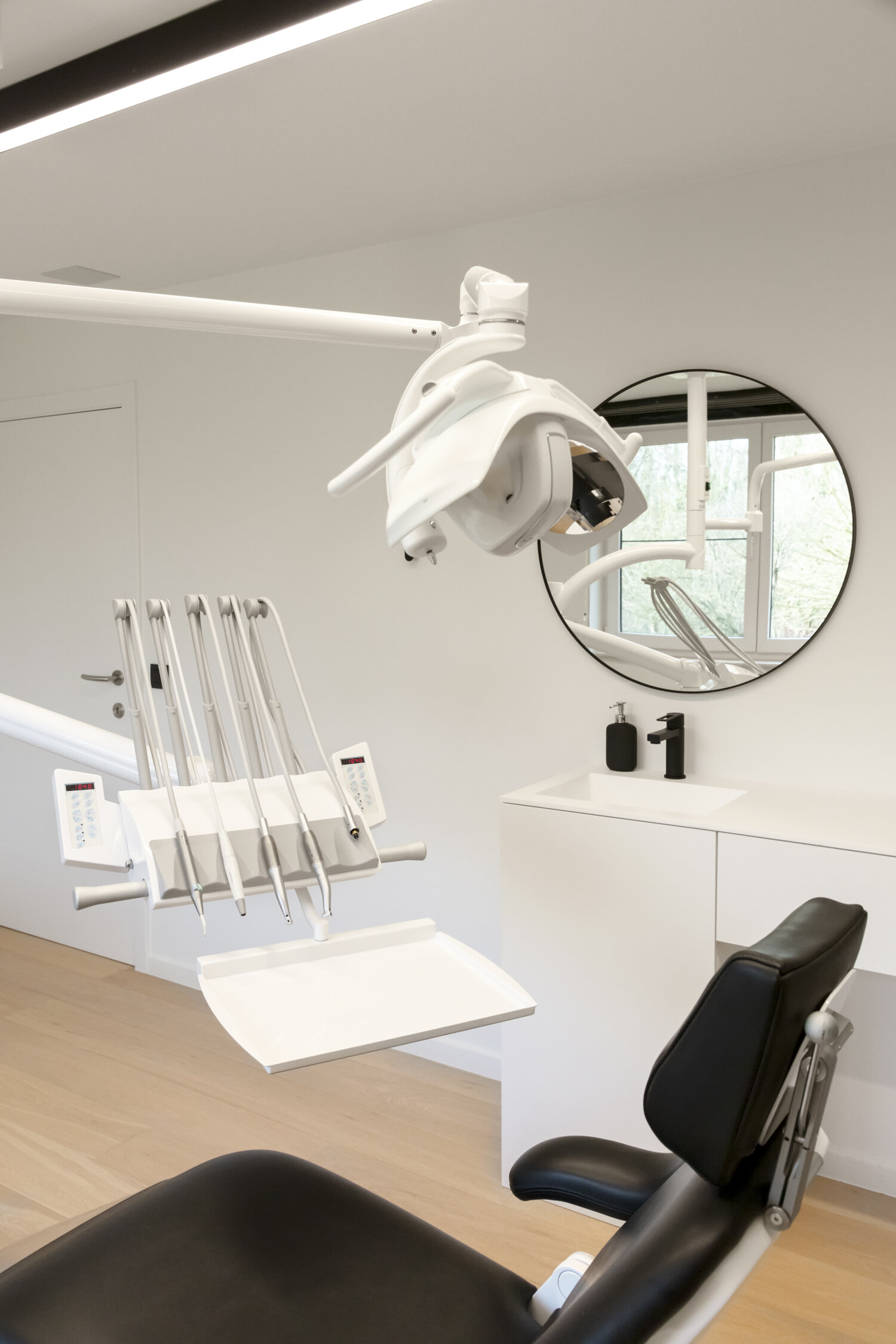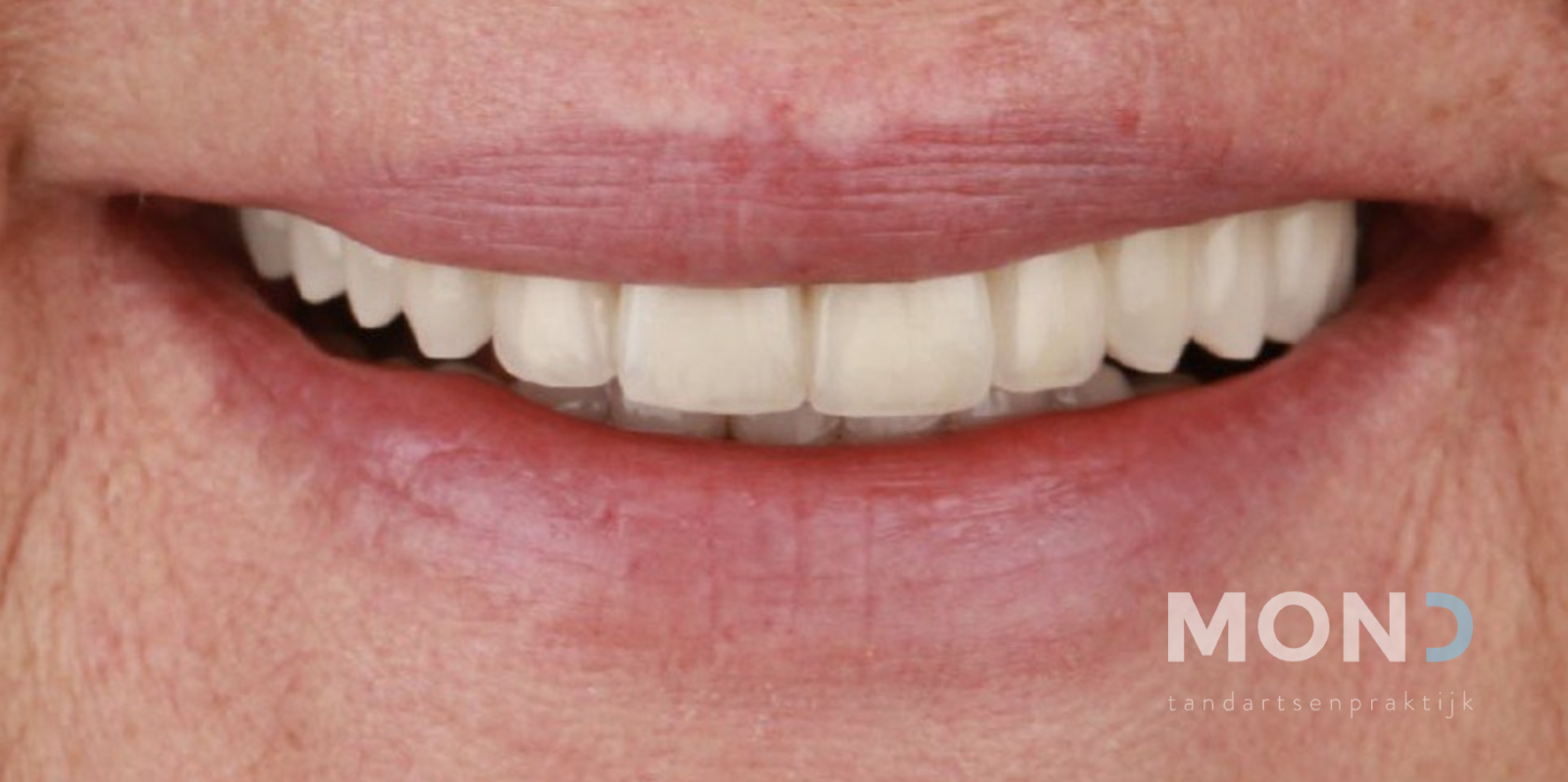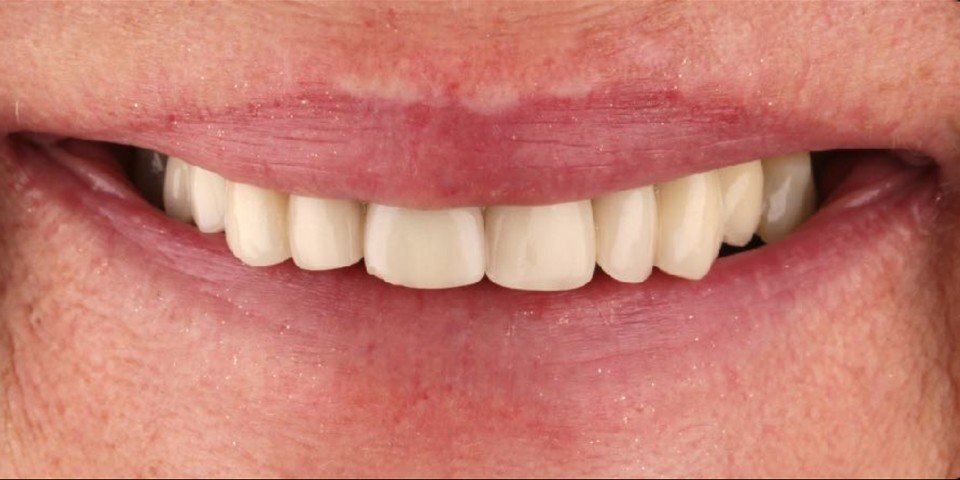Periodontology
Periodontology is the study of supporting tissues and structures (periodontium) of the teeth. Specifically, this means the gums and jawbone.
Why is periodontology important?
If your dentist identifies problems such as gingivitis or periodontitis and considers them to be sufficiently severe, they will refer you to a periodontist. This is a specialist area of dentistry dedicated to all treatments of the gums, ranging from treating inflammation of the gums and jawbone, to the possible restoration of lost gums (due to brushing trauma or misalignment of roots).
In addition, the periodontist also focuses on restoring and rebuilding soft and hard tissues lost due to tooth removal, brushing trauma, orthodontics or inflammation. For maximum results, these treatments can only take place under the most optimal conditions that provide for perfect oral hygiene.

What is the process for periodontological treatments?
- Screening of the gums and periodontium and mapping of all problems
- Discussion of causes, problems and necessary treatments
- Deep cleaning under local anaesthetic of the affected teeth to remove all plaque and tartar
- Evaluation of the treatment and advice on oral hygiene
- Discussion of whether additional treatments are needed for persistent or more complex problems
- Flap surgery in which the gums are accessed to disinfect all root surfaces and any inflamed tissue is removed
- Re-evaluation and follow-up of oral hygiene
- Registration in the reminder system to avoid new problems in the future (3-, 6-, or 12-monthly check-ups)
Periodontitis
Periodontitis is one of the most common chronic inflammations in the world. The bacteria causing this inflammatory process may also be responsible for certain heart conditions (endocarditis). There are several possible causes for this:
- Inadequate oral hygiene
- Dental plaque and tartar
- Bacteria
- Genetic factors
- Autoimmune disorders
- Smoking
- Trauma and overloading of teeth
- Incorrect brushing technique
General medicine and cardiology are increasingly recognising the link between this chronic inflammation in the mouth and its impact on other parts of our human body. It is therefore said, with good reason, that the mouth is a mirror of our health.
With proper attention, motivation and guidance from us, you can gain complete control over this problem. All MOND dentists are trained to detect these problems at an early stage and refer you in a timely manner. In fact, patients often do not notice symptoms until a later date, when the process has been going on for a while.
Gingivitis
Many bacteria thrive within the cavity of the mouth and some of them attach to the tooth surface and form a sticky biofilm known as dental plaque. This dental plaque, which is usually barely noticeable because of its white to yellowish colour, can absorb minerals from the surrounding saliva and gradually harden into tartar. The accumulation of dental plaque and tartar on the tooth surface causes an inflammatory reaction in the gums, known as gingivitis.
The main characteristic of gingivitis is that this inflammation remains limited to the superficial area at the edge of the gums, without affecting the underlying bone structures. Symptoms of the inflammatory reaction include increased redness of the gums, occasional swelling and a tendency to bleed at the slightest touch.

How much does a periodontology treatment cost?
Treatments performed by a periodontist can be reimbursed to a limited extent according to age and previous treatments. You can enquire about this before starting treatment. Supplemental insurance may bear these costs.
Recover you smile


Completing the missing teeth with veneers and crowns
Discover this smile | Completing the missing teeth with veneers and crownsIs a periodontology something you’re interested in?
Check out the practices that offer periodontology below:
MOND Groen Kwartier
Pater Pirestraat 50,
2018 Antwerpen
MOND Paro Plus
Louis Marcelisstraat 25a,
1970 Wezembeek-Oppem
